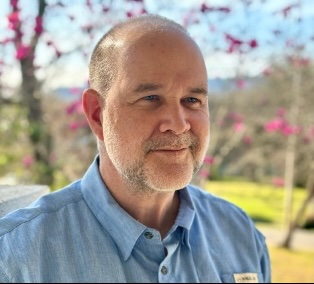Gloriously More
OPINION —
When Napoleon Bonaparte and Josephine were engaged in 1796, he gave her a ring composed of two tear shaped stones — a diamond and a blue sapphire set in opposite directions on a slim gold band. Each stone weighs slightly less than a carat. The ring is relatively modest considering the people involved but reflects the fact that at the time Napoleon was a young officer and that was likely all he could afford.
In 2013, the ring came into the hands of the French auction house Osenat. Interestingly, the auction house asked for the ring to be appraised independent of its provenance. Emily Villane, who oversaw the auction of the ring explained, “It’s not our job to tell bidders how much they should pay for the historical premium.” Based on the stones, the setting, and the gold band, the ring’s value was determined to be about $20,000.
How much did the ring sell for when it was auctioned? Forty-seven times that amount — close to a million dollars! The people bidding on the ring knew its story and bid accordingly. They understood that the ring’s value was so much more than just that of the materials it was composed of. It was part of something much bigger than itself!
The world likes to measure people the same way the appraiser assessed the ring. People are looked at in terms of their physical features, education, occupation, bank account, their followers, their likes, and whatever else is currently considered important. All these parts are thrown on a scale and we’re told that’s what who we are. It’s an ugly little business that’s made even worse when we accept it and allow it to shape our lives.
But it’s not true.
We are much more than the sum of our parts! We belong to something much bigger than ourselves. In the words of the Hebrew writer, we are part of a kingdom that “cannot be shaken” (Hebrews 12:28). That’s important because the thing about establishing your identity based on your health, wealth, status, etc., is that all those things, sooner or later, will be shaken. But if you’re part of the glorious kingdom of God, not only will you not be shaken, you will realize everything you were created to be.
The disciples at Corinth hadn’t grown to the point of seeing this bigger picture. They were confused about their identity and consequently they competed against each other. You follow Peter? Well, I’m better because I follow Apollos! (chapter 1). You have the gift of prophecy? Well, I’m better because I speak in tongues!(chapter 12-14). That’s why we find in chapter 13 Paul’s words on the centrality of love.
The disciples at Corinth had impoverished themselves by adopting isolationist identities. Paul wanted them to understand they were part of something much bigger than themselves because they belonged to Jesus. He told them, “All things are yours, whether Paul or Apollos or Cephas or the world or life or death or the present or the future—all are yours, and you are of Christ, and Christ is of God. (3:22-23). Their worldly understanding was blinding them to the glorious realities of Jesus’ reign. Their petty views were impoverishing them—all things belonged to them by virtue of their relationship to Jesus.
As disciples, we must not allow the world to push us through its mold (see Romans 12:2) and see only the ring. By God’s grace, we need to understand we are part of something gloriously more.
Find more of Bruce’s writings at his website: a-taste-of-grace-with-bruce-green.com.

